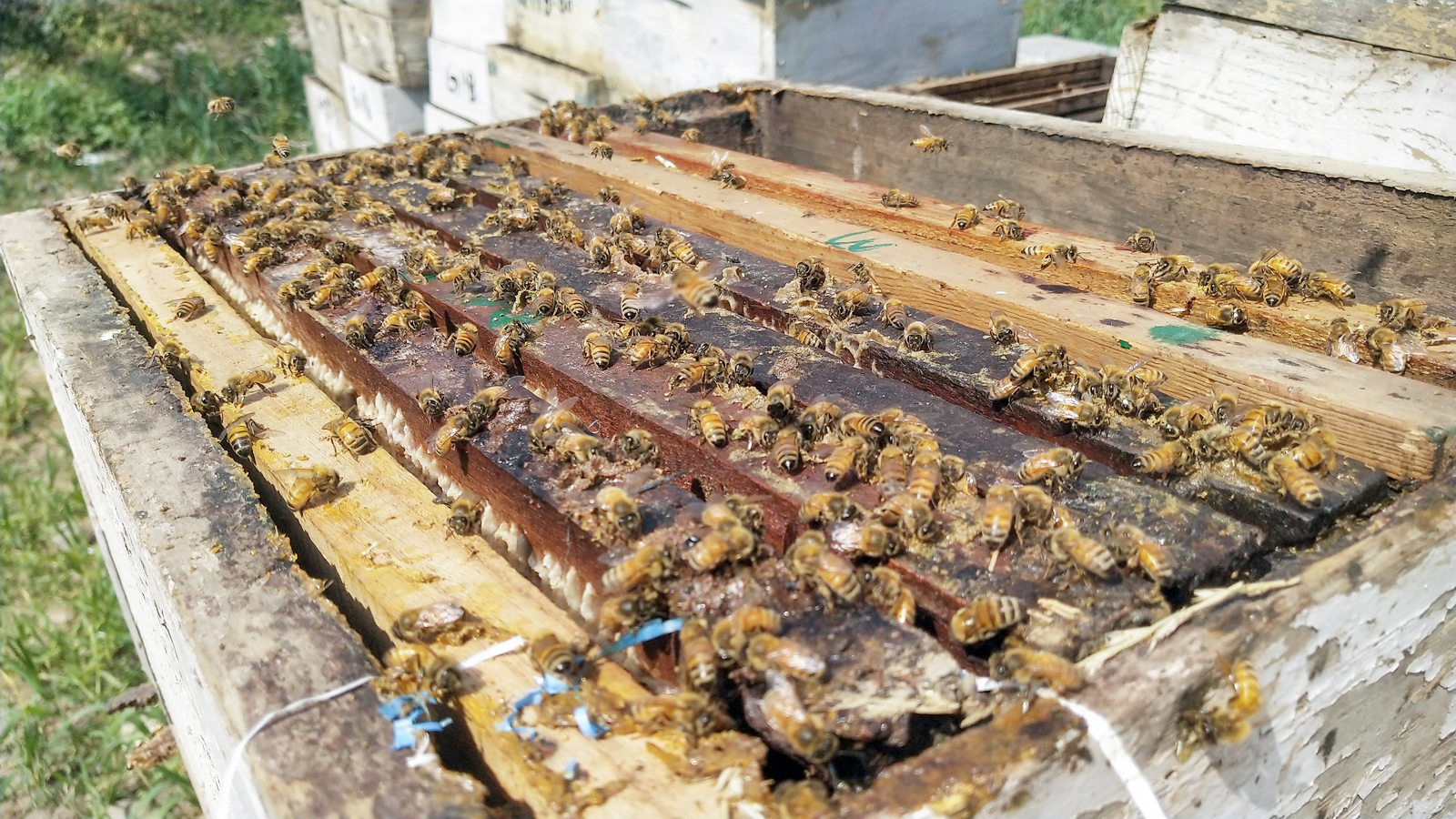India’s honey sector is undergoing a structured transformation as the National Beekeeping and Honey Mission (NBHM) continues to scale scientific beekeeping across the country. The mission aims to increase farmer income, strengthen crop productivity, and position India as a key player in the global honey market. While reviewing honey and beekeeping initiatives recently, the government highlighted the sector’s rising role in rural livelihoods and agriculture. As noted during the review, the mission is focused on enabling rural families to earn more while contributing to sustainable farming, saying that beekeeping has the capacity to expand opportunities for farmers and allied workers in villages.
Earlier, beekeeping in most parts of India was largely unorganized and practiced traditionally by small farmers and rural households. Honey production was limited, processing facilities were sparse, and market linkages were weak. The support systems needed to help beekeepers adopt modern techniques, improve quality, and reach bigger markets were still developing. With rising demand for natural honey and bee-based products and growing awareness of bees’ importance in pollination, the need for a structured national approach became stronger.
With the launch of NBHM under Atmanirbhar Bharat, the beekeeping sector received organized support. The government allocated ₹500 crore for the mission, later extending it up to FY 2025-26. The program focuses on three key areas: boosting honey production through scientific beekeeping, strengthening post-harvest and processing systems, and promoting research and technology for better productivity and quality. Taken together, these pillars aim to create a complete honey value chain, from hive to market, helping rural communities earn more and encouraging youth and women to take up beekeeping as an enterprise.
Today, India is witnessing the results of this structured effort. World-class honey testing laboratories, mini labs, disease diagnostic facilities, honey processing units, packaging centers, and cold storages have been set up under the mission. Farmers are receiving training, communities are forming cooperatives and FPOs, and new infrastructure is helping maintain quality and safety standards. Over 14,000 beekeepers and hundreds of organizations have registered on the Madhukranti portal, improving traceability and transparency in the honey supply chain. The National Centre of Excellence in Beekeeping at IIT Roorkee is strengthening research and skill development.
On-ground outcomes are visible, not only in higher honey production but also in rising confidence among farmers. Honey output touched approximately 1.4 lakh metric tonnes in 2024, showing a steady upward trend. Quality enforcement measures like the minimum export price helped stabilize the market. Beekeepers across states are adopting modern practices, expanding colonies, and tapping institutional support to scale operations. From Uttar Pradesh and Punjab to Meghalaya and Jammu & Kashmir, success stories reflect how structured backing can turn family-based honey activity into strong rural enterprises capable of generating jobs and additional income.
India’s honey exports are also growing. In FY 2023-24, India exported over one lakh metric tonnes of natural honey worth USD 177.5 million, emerging as the world’s second-largest honey exporter, up from the ninth position in 2020. Improved quality testing and source traceability are strengthening global trust in Indian honey. States known for diverse flora and beekeeping potential are contributing significantly, turning natural biodiversity into economic strength.
Looking ahead, the government’s approach remains consistent, focusing on capacity building, technology adoption, and farmer-centric infrastructure. The expansion of FPOs, dedicated honey corridors, digital registration, and market linkages aim to make the sector more competitive and self-sustaining. Continued investment in training, scientific beekeeping, and supply chain development is expected to benefit more rural families, especially women and youth.
The “Sweet Revolution” is now moving beyond awareness to solid economic impact. With better technology, organized systems, and global-standard processing, beekeeping is becoming a dependable livelihood source. As the mission progresses, India’s honey industry is poised to not only support farmers but also strengthen food security and ecological balance through enhanced pollination. The transformation reflects a simple idea: when farmers get modern tools and fair opportunities, rural growth follows naturally.
















